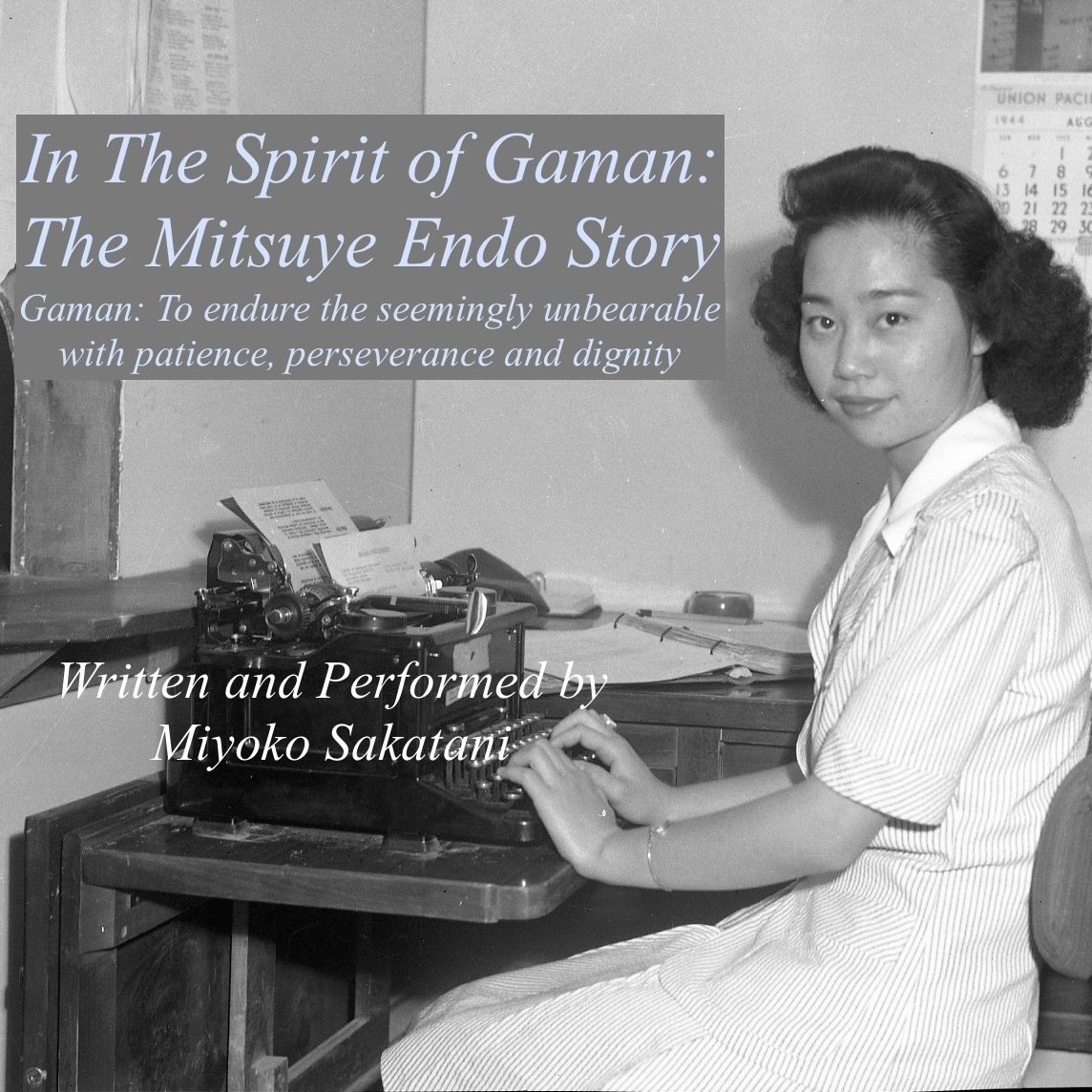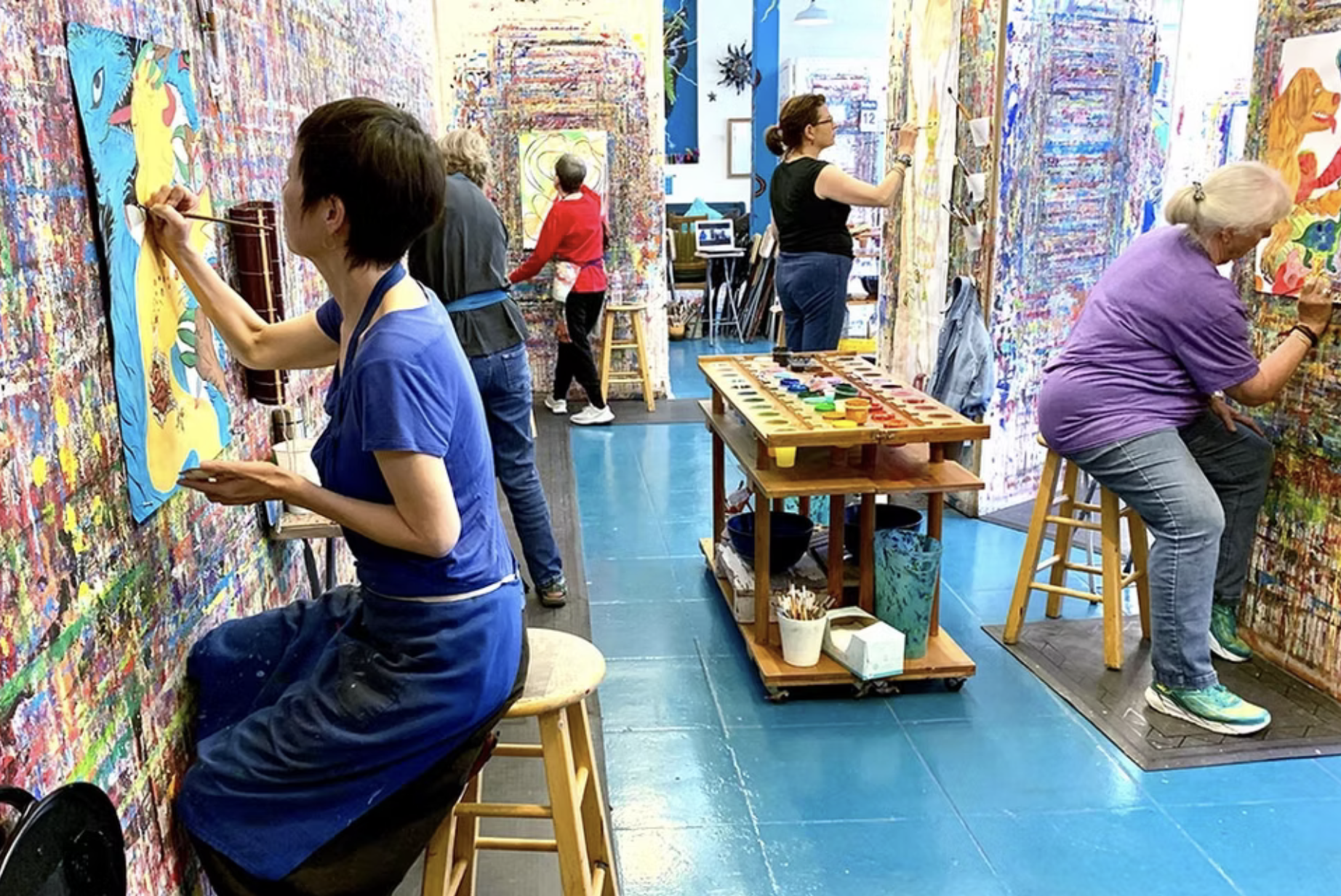Interim Mayor Mark Farrell. Image from the SF Chronicle
The 10-year contract between labor union representing San Francisco’s police officers and San Francisco is set to expire at the end of June. The San Francisco Police Officers Association wants a new labor agreement, which new interim mayor Mark Farrell will negotiate. The union has endorsed Farrell, and SFPOA President Martin Halloran expects Farrell to negotiate a favorable deal for officers. “Mark Farrell being appointed interim mayor may change the dynamics of the current contract negotiations between The City and the SFPOA,” Halloran said.
SFPOA Vice President Tony Montoya said the union wants higher pay for officers. Community groups including PolicyLink, Faith in Action Bay Area, PICO California, and the Center American Resource Center of San Francisco have no problem with pay increases, but want to see police reform written into the new contract.
In 2015 the U.S. Department Of Justice investigated the SFPD after officers shot Mario Woods to death while he was unarmed and appeared in video to be walking away.
The resulting report describes “concerning deficiencies in every operational area assessed” and includes 94 findings and provides 272 recommendations.
Problematic use-of-force
According to former ACLU attorney John Crew, the SFPOA has repeatedly pushed back against any attempt at police reform and the DOJ’s community policing recommendations. For example, the DOJ has called for police departments to discontinue using chokeholds, which is how an officer killed unarmed Eric Garner. Yet the SFPOA fought to keep chokeholds in their use of force policy.
The DOJ also recommended prohibiting officers from firing into moving vehicles unless there is an immediate threat of death or injury by means other than the vehicle. This recommendation resulted from a police officer shooting and killing Jessica Williams who was unarmed, while she was trying to dislodge her crashed vehicle from beneath a truck. Police later admitted that there was no reason to believe Williams was driving toward officers when she was killed.
As a result, the Police Commission amended the use-of-force policy to prohibit officers firing into moving vehicles. In response, the SFPOA produced and aired a television commercial showing a man crashing his vehicle into a crowd as police officers watched and filed suit against San Francisco in order to remove the prohibition against police officers shooting unarmed people in moving vehicles.
Too quick to kill
Between 2000 and 2015 San Francisco police shot 95 people. Of those, 40 died.
From the SF Chronicle
During that 15-year period 60 percent of the people San Francisco police shot and killed were suffering from mental health problems, were in crisis, or were acting erratically at the time. Of the 19 people SFPD killed between 2005 and 2013, 11 suffered from a mental illness. Between March 2007 and December 2010 nearly every person the SFPD killed was reported to have been mentally ill.
In 2015 overall gun crime in San Francisco decreased by 6.15 percent. Meanwhile police shot seven people to death. Deadly shootings committed by police officers made up 21% of all San Francisco gun-related homicides that year, and two police officers lost their lives to gun violence.
Alex Nieto had no gun when he was taken down in a hail of SFPD bullets. And Alice Brown was driving away from police officers when they shot her to death. She also had no gun.
Only one person SFPD officers shot to death in 2015, Javier Ivan Lopez Garcia, entered the encounter with a firearm. He likely committed suicide by cop. Police say Herbert Benitez grabbed a gun while the officer wrestled him to the ground. He may have feared for his life. Matthew Hoffman was shot to death after taking out his pellet gun. Police later found a suicide note addressed to them in his phone.
Special rights and near-zero accountability
Since 2000 no San Francisco officer has faced criminal charges for killing a citizen.
The primary reason for this is that the SFPD does not adequately investigate killings by officers. The DOJ found that the SFPD performs “minimal documentation of witnesses, no separate or summarized interview of witnesses, no routine collection of photographic evidence, and minimal analysis of the event from an evidentiary standpoint.”
The SFPOA’s Office. Image from Mission Local
In addition, all California officers under investigation have special rights normal citizens don’t have, including a shorter statute of limitations and limits on where, when, and how police officers are interrogated.
Political strife
Sgt. Yulanda Williams recently publicly resigned from the SFPOA over its resistance toward reform and racial attitudes.Williams is President of Officers For Justice, San Francisco’s black officers organization. “As a dues paying member of 27 years, and a woman of color, I can no longer endure the SFPOA’s exhibitions of insensitivity, narrow-mindedness and refusal to respect other philosophical viewpoints.”
Certainly the racist text messages between SFPD officers, uncovered as part of an investigation into an SFPD officer sexually assaulting an unconscious woman (he still has his job) that have led to dismissals of 13 criminal cases played a role in Williams’ decision. But the union’s contribution to Donald Trump’s election also played a role. The SFPOA Political Action Committee donated $5,000 to the Republican Party Central Committee and Republican Party of San Francisco, both of which backed Trump for president.
Other political campaigns the SFPOA has supported monetarily to the tune of hundreds of thousands of dollars include protecting California’s death penalty, opposing parole for nonviolent felons and opposing allowing judges to use their discretion on whether to charge juveniles as adults.
The DOJ blames much of the department’s dysfunction on the union.
Creating an accountable, reasonable, safe, inclusive culture for the SFPD will require a tough stance in negotiations with the union. As Supervisor, Mark Farrell was the lone vote against a memorial for Alex Nieto in Bernal Heights Park.
San Francisco deserves adequate investigations into killings by officers. We deserve prosecutions and dismissals for officers credibly accused wrongdoing. We deserve the same due process and other civil rights protections as armed cops. Whether Farrell is the man for that job remains to be seen.
The post Can SF Trust Mark Farrell to Fight Police Abuse in Union Negotiations? appeared first on Broke-Ass Stuart's Website.







